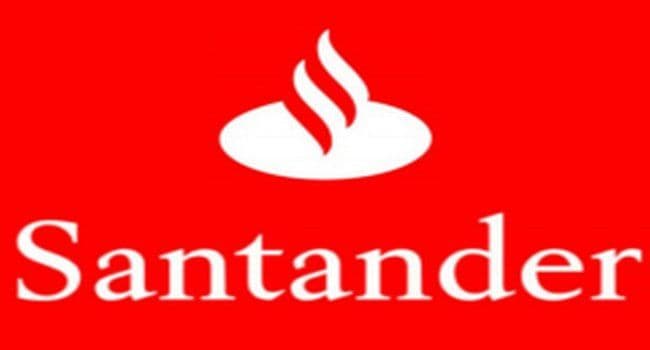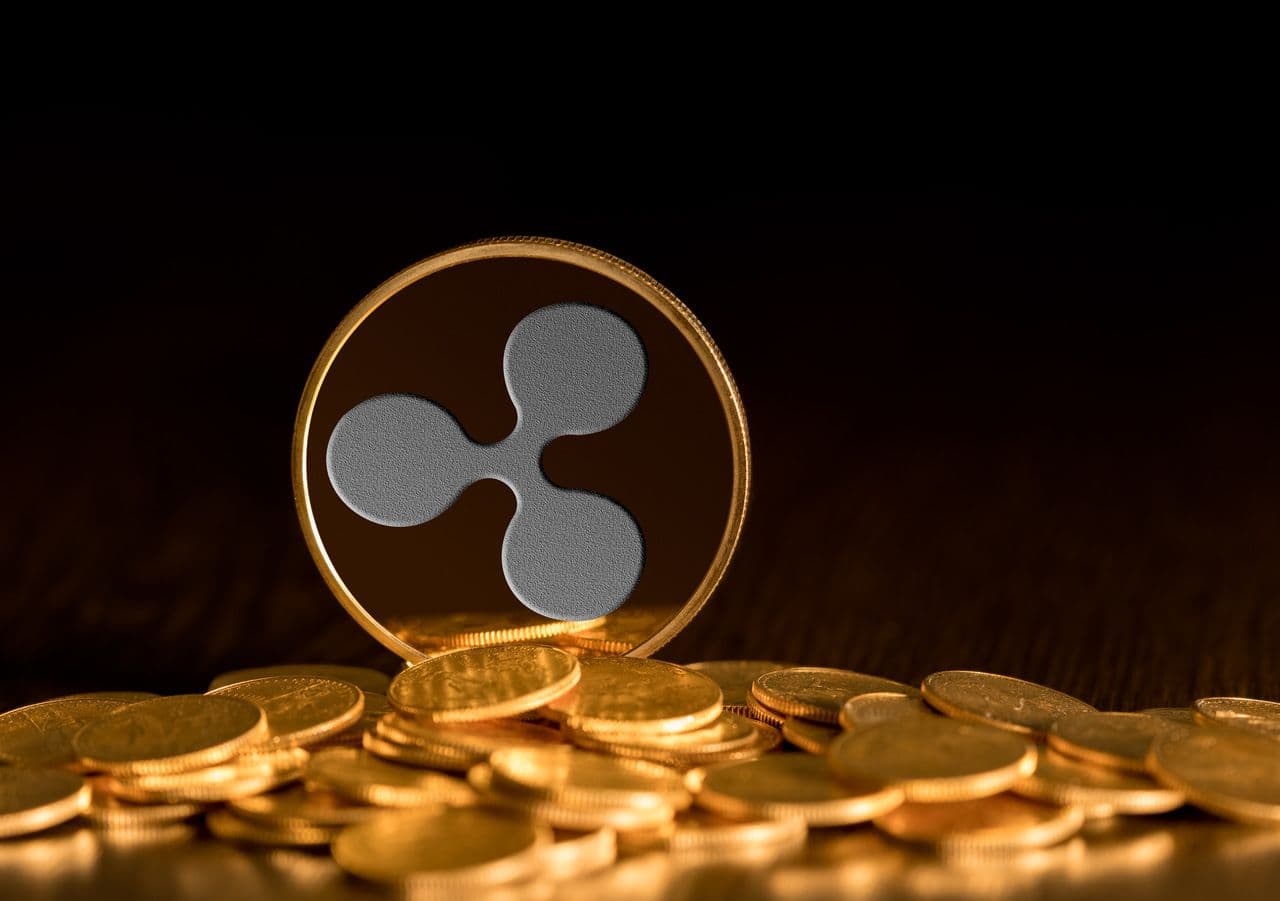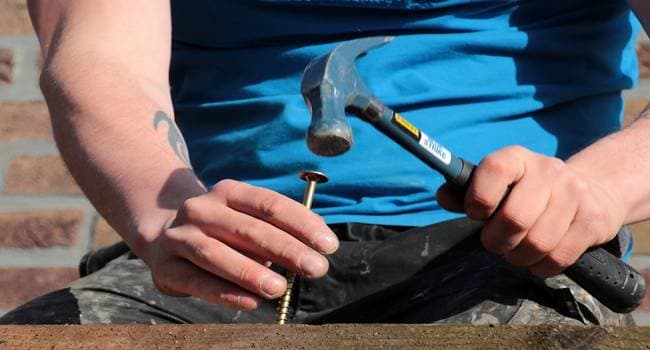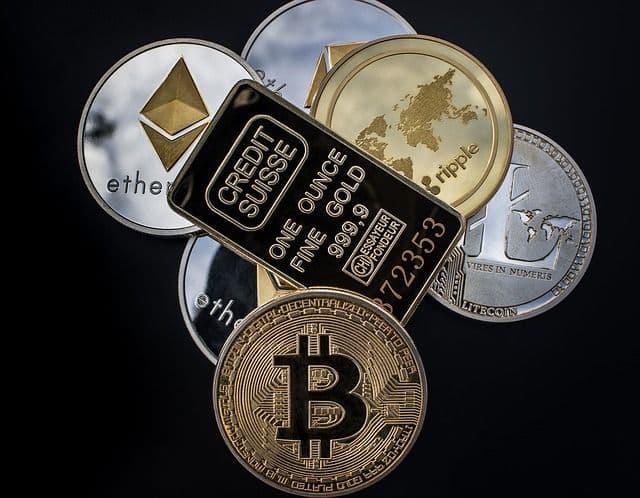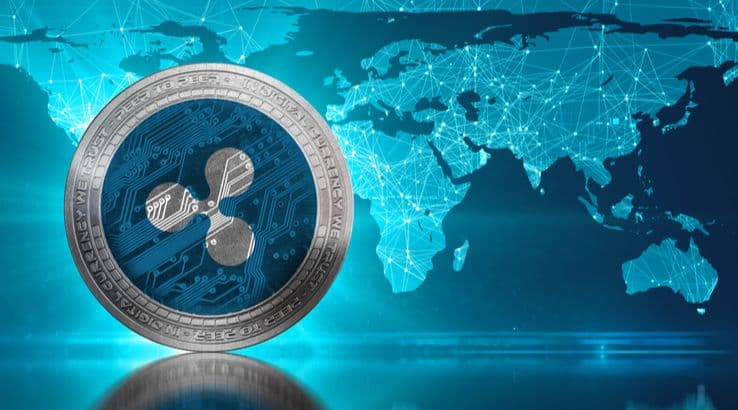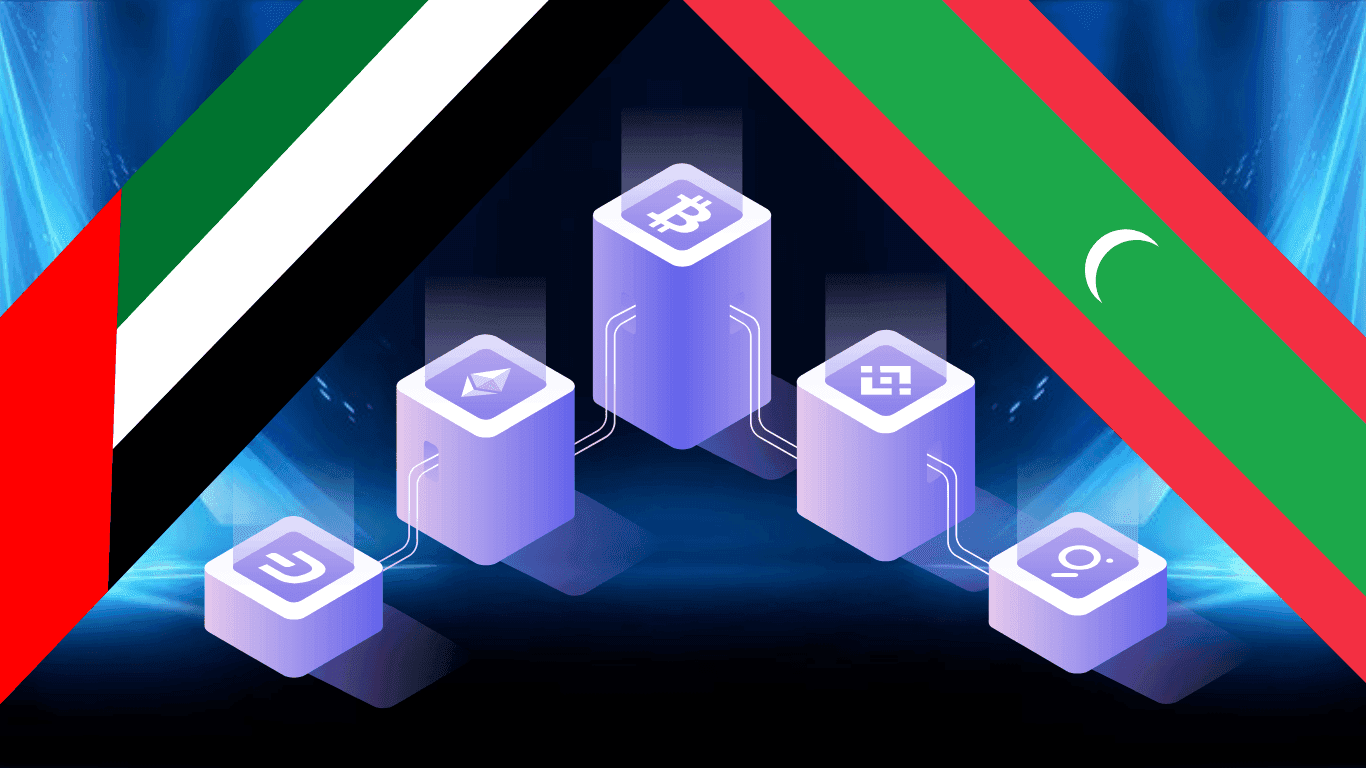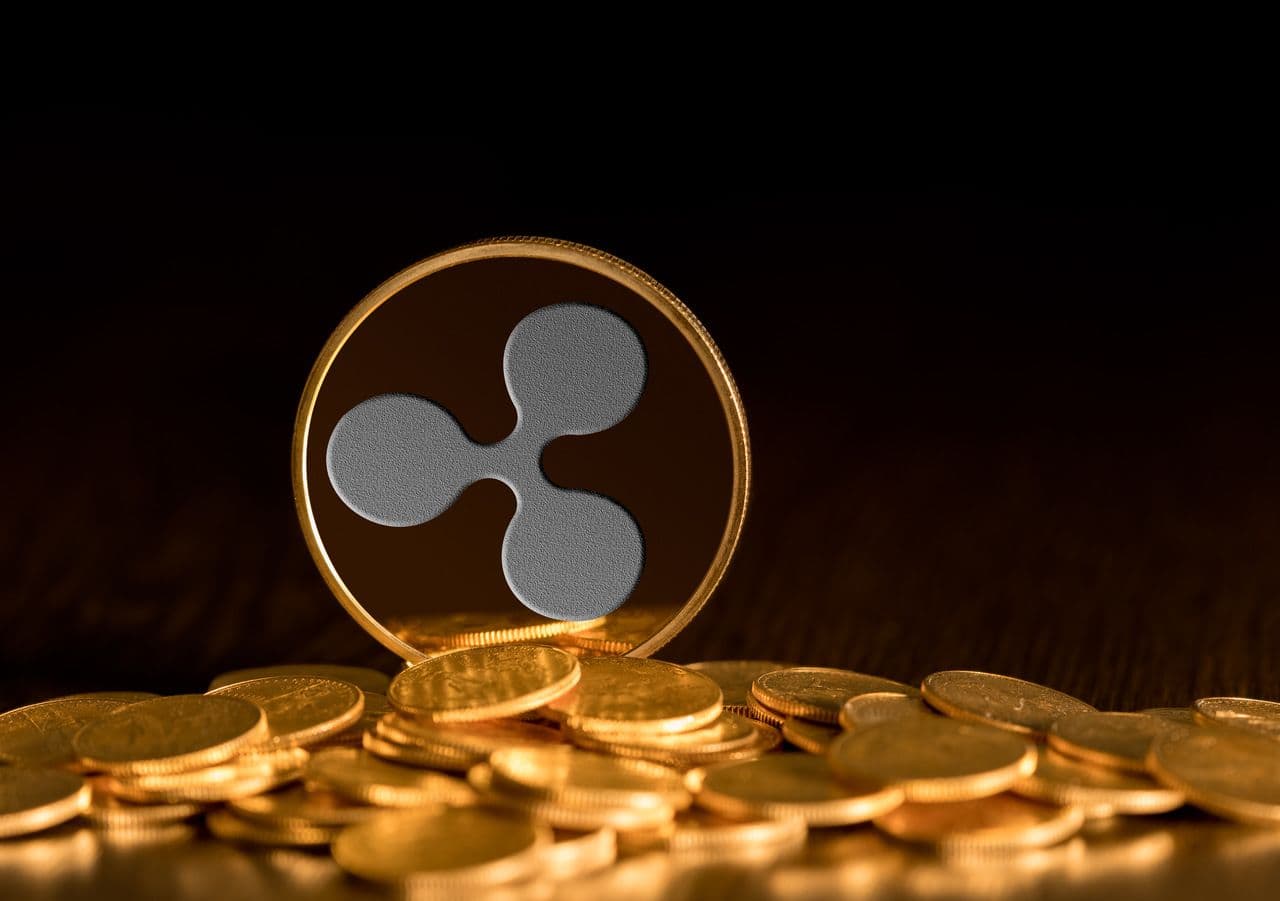Ripple and Trump Take the Middle East by Storm: Blockchain Innovation Meets High-Level Diplomacy
Ripple strengthens its foothold in the Middle East with key partnerships at the Dubai Fintech Summit, while President Trump’s latest diplomatic tour from Saudi Arabia to Qatar unlocks historic business deals and regional influence.

Ripple Expands Its Middle East Presence at Dubai Fintech Summit
Ripple Labs is rapidly expanding its influence across the Middle East, highlighted by a major engagement with UAE officials during the Dubai Fintech Summit on May 14, 2025. Led by President Monica Long, Ripple’s delegation discussed advancing digital payment infrastructure and driving financial innovation throughout the region.
The Middle East now represents 20% of Ripple’s global customer base, a significant rise since the company established its Dubai office in 2020. In 2024, Ripple further strengthened its presence through a landmark partnership with the Dubai International Financial Centre (DIFC) Innovation Hub. This collaboration focuses on promoting blockchain adoption and supporting early-stage startups in the region.
Adding to its success, Ripple secured its first license from the Dubai Financial Services Authority (DFSA), allowing it to offer regulated cross-border payment services via its Ripple Payments platform. This move grants Ripple access to the UAE’s massive $400 billion trade market and promotes the use of its RLUSD stablecoin for secure, fast, and cost-efficient transactions.
President Trump’s Middle East Tour: Historic Business and Diplomatic Moves
While Ripple focused on financial innovation, President Donald Trump’s latest diplomatic tour made waves across the region. Starting in Saudi Arabia, Trump met with Crown Prince Mohammed bin Salman, resulting in a strategic economic partnership that includes a massive $142 billion defense agreement. In a groundbreaking political move, Trump also announced the lifting of U.S. sanctions on Syria and held a historic meeting with Syria's interim President Ahmad al-Sharaa. This meeting is seen as a step toward expanding the Abraham Accords and normalizing relations between Syria and Israel.
In Qatar, Trump continued his high-profile diplomacy by finalizing an unprecedented $1.2 trillion commercial deal. This includes a historic order from Qatar Airways to purchase 160 Boeing jets, the largest in the company’s history. The agreements also involve major investments in U.S. companies such as GE Aerospace, further solidifying America’s economic ties with the Gulf region.
Top U.S. Business Leaders Join Trump’s Middle East Tour
Accompanying President Trump were several of America’s most influential business figures, including Elon Musk, Sam Altman, and CEOs from Google, OpenAI, Nvidia, Uber, BlackRock, and Blackstone. Their presence underscores the administration’s focus on strengthening U.S.-Middle East economic partnerships, particularly in sectors like artificial intelligence, defense technology, and financial services.
This business-focused delegation highlights a growing trend of direct collaboration between U.S. private sector giants and Middle Eastern governments, paving the way for large-scale investments and technological advancements in the region.
Ethical Questions and Geopolitical Implications
Despite the positive economic outlook, Trump’s diplomatic tour has raised ethical concerns. Critics have pointed to potential conflicts of interest related to the Trump family’s ongoing business dealings in the region. Some fear that personal business ambitions may be intertwined with official U.S. foreign policy efforts.
Additionally, while economic and diplomatic ties appear stronger than ever, ongoing regional tensions—especially the unresolved conflict in Gaza—remain a critical issue. Despite these challenges, the Middle East is emerging as a central stage for both blockchain innovation and high-level diplomatic strategy, with the U.S. playing a key role in shaping the region’s future.






